In episode 29, Chris and Emma discussed The Ugly Duckling, the classic fairy tale by Hans Christian Andersen, from the perspectives of giftedness, neurodivergence, and positive disintegration. We discussed aspects of our personal journeys and the impact of discovering Dąbrowski’s theory, and how these relate back to themes in the tale.
Some of the themes we cover include—the realization in our 40s that we’re happier than we ever expected to be, overcoming the feeling of brokenness, and the traumas that accumulate over a lifetime of being gifted and an outlier.
We also discuss the experience of dynamisms, Dark Nights of the Soul, appreciating the process of positive disintegration, and learning to be grateful for certain kinds of suffering. We talk about growth not being automatic, but hard-won, and the work involved in inner transformation.
The experience of discovering OEs—and the moment of self-recognition—is very important for many coming to terms with who they are. Emma talked about the three elements involved:
The initial discovery of OE
Understanding one’s own OE profile
Self-acceptance
We’ve made it our mission to bring the theory and OEs to other people. We’re building community and offering the opportunity for connection to anyone who needs us. We also want to hang the ‘mirror’ of OE in as many places as possible, so people can experience the same magic of self-recognition the Ugly Duckling did!
Quotes
The full quote Chris mentioned (~23:50) is: “Suffering, if we experience it correctly, makes us sensitive to the suffering of others, awakens in us a new awareness, and creates a breach in our excessively egocentric attitude toward the surrounding world.” (Dabrowski, Personality-Shaping through Positive Disintegration, pp. 30-31)
Quotes from The Ugly Duckling:
“I never dreamed there could be so much happiness, when I was the ugly duckling.”
“He felt quite glad that he had come through so much trouble and misfortune, for now he had a fuller understanding of his own good fortune, and of beauty when he met with it.”
“Being born in a duck yard does not matter, if only you are hatched from a swan’s egg.”
Links for this episode
The Ugly Ducking (The original story)
The Ugly Duckling: A Story of Giftedness and Disintegration (Emma’s blog post)
Conversations on Gifted Trauma by InterGifted
Chris’s “Quote Collages” are on the Dabrowski page. Here’s another one that was mentioned about Disintegration in Michael Piechowski’s work.
Three elements of discovery in Emma’s video
Episode 2: Overexcitabilities and Pseudoscience
Episode 14: Relationships and Vulnerability
Dr. Maggie Brown (ResearchGate profile, or click here for her website)
Integrating perspectives: View the tiger from multiple angles
Connect with us!
Positive Disintegration on Substack
Visit the Dabrowski Center website
The Positive Disintegration YouTube Channel
Adults with Overexcitabilities group on Facebook
Dabrowski Center and Positive Disintegration Podcast Community on Facebook
The Tragic Gift blog by Emma
Email us at positivedisintegration.pod@gmail.com
Please consider supporting the podcast to help fund this work through the Dabrowski Center, a 501(c)(3) nonprofit organization.
Find Positive Disintegration Merch
If you enjoyed this episode on Apple or Spotify, please remember to click on the stars and leave a rating or write a review. Thank you! <3







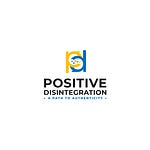
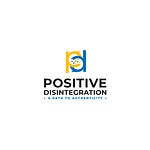
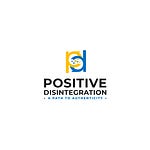
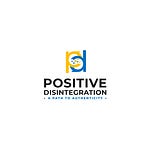
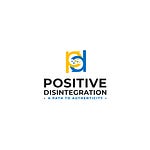
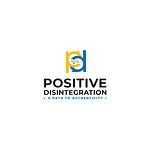

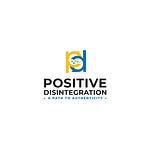
The Disintegrating Duck